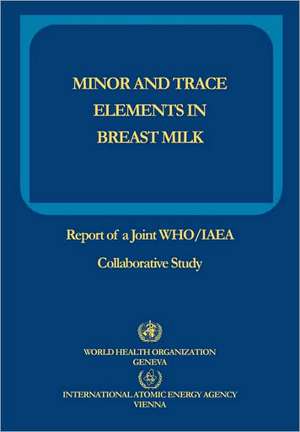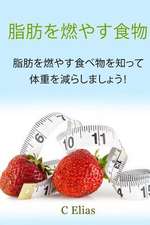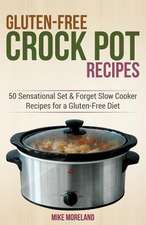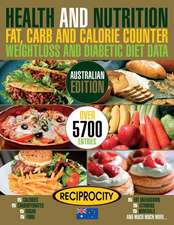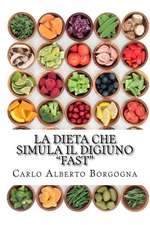Minor and Trace Elements in Breast Milk: Report of a Joint Who/IAEA Collaborative Study
Autor Iaea Whoen Limba Engleză Paperback – 31 dec 1988
Preț: 205.57 lei
Nou
Puncte Express: 308
Preț estimativ în valută:
39.37€ • 40.56$ • 32.98£
39.37€ • 40.56$ • 32.98£
Carte tipărită la comandă
Livrare economică 24 februarie-10 martie
Preluare comenzi: 021 569.72.76
Specificații
ISBN-13: 9789241561211
ISBN-10: 9241561211
Pagini: 176
Ilustrații: 1
Dimensiuni: 170 x 244 x 10 mm
Greutate: 0.29 kg
Editura: World Health Organization
Locul publicării:Switzerland
ISBN-10: 9241561211
Pagini: 176
Ilustrații: 1
Dimensiuni: 170 x 244 x 10 mm
Greutate: 0.29 kg
Editura: World Health Organization
Locul publicării:Switzerland
